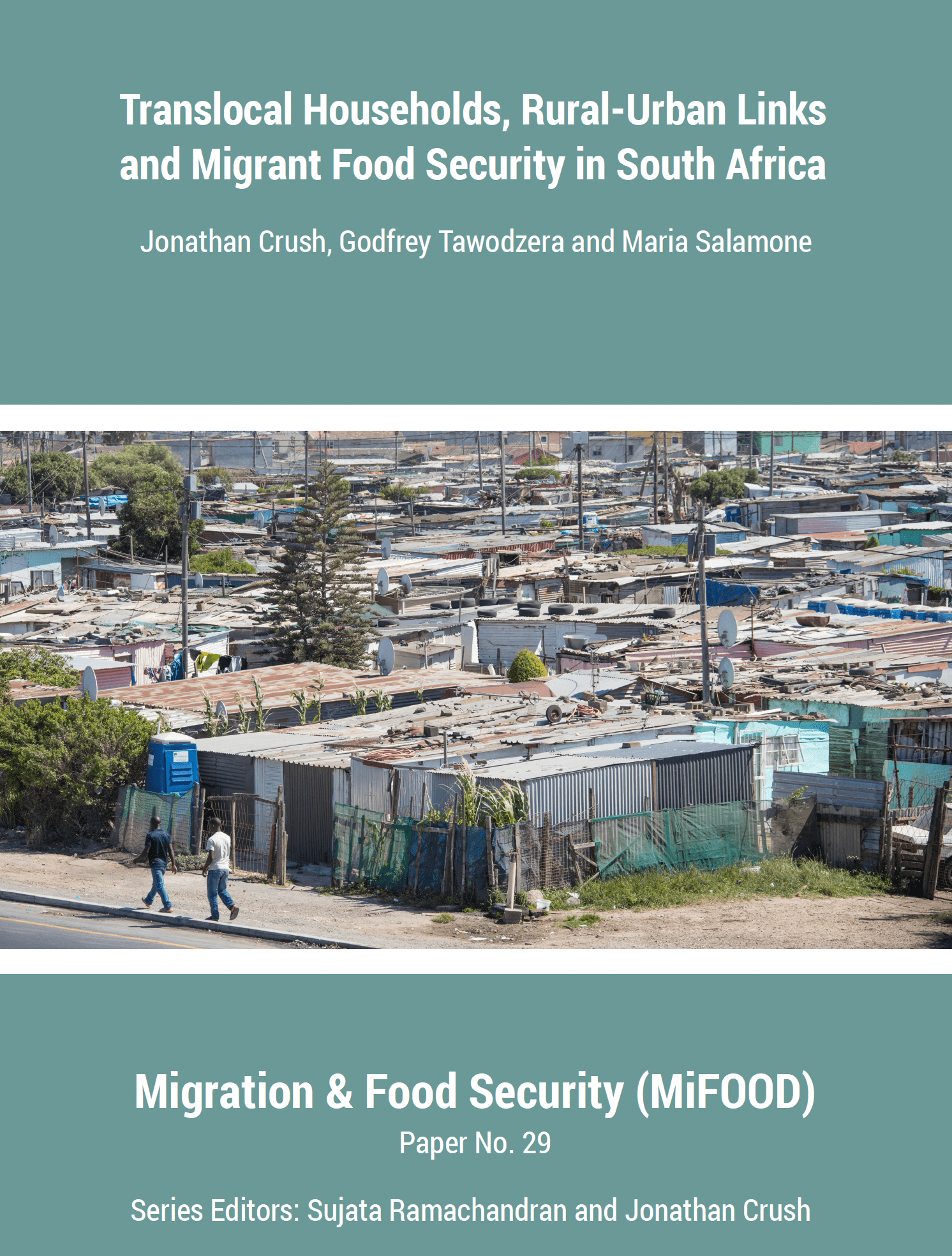This paper revisits the issue of rural-urban links in post-apartheid South Africa, challenging the assumption that the end of apartheid would lead to rapid urbanization and the dissolution of circular migration. Despite the abolition of influx controls and the significant increase in the urban population from 33% in 1980 to 55% in 2011 among black South Africans, rural-urban ties and flows have proven resilient. The persistence of circular migration is evident in the continuous flow of people, goods, and remittances between urban and rural areas. This paper draws on a survey of over 800 Eastern Cape migrants in Cape Town, conducted in 2022, to explore the dynamics of these connections. The findings highlight the complexity and nuances of post-apartheid migration, revealing that translocal livelihoods and mobilities are still prevalent. The study also examines the significant gender shift in migration patterns, with a notable increase in female migrants. Remittances play a crucial role in supporting rural households, indicating the enduring importance of rural-urban links. The research underscores the need to rethink traditional concepts of urbanisation and consider the broader implications of sustained migrancy for rural and urban development in South Africa.

